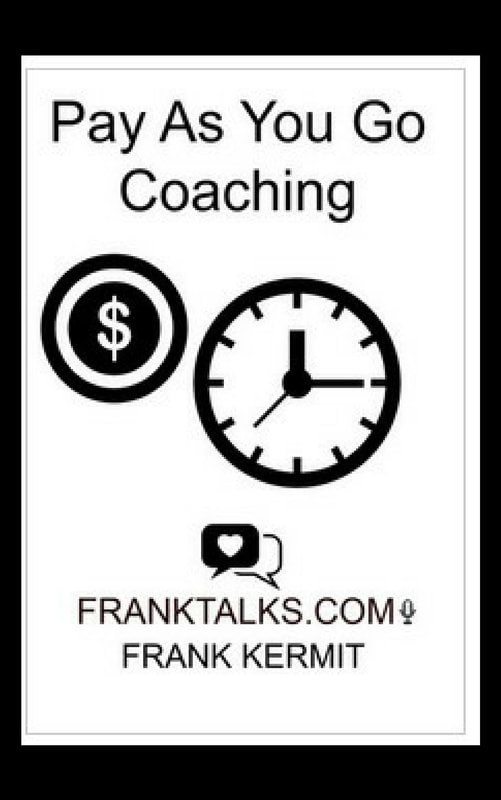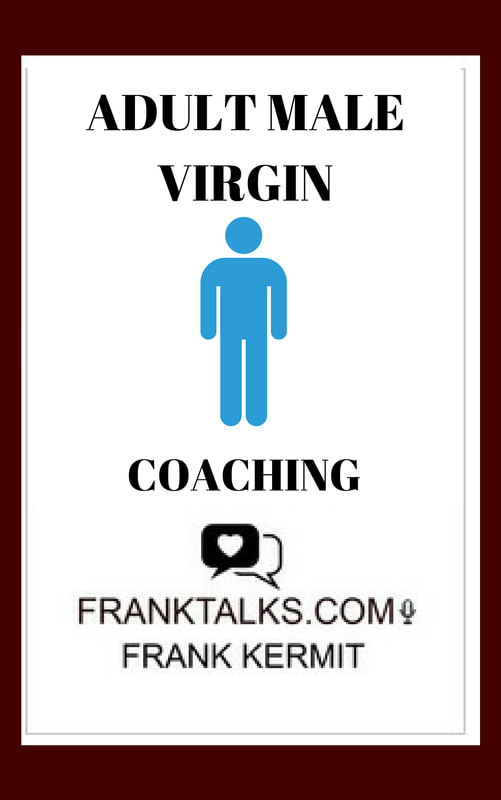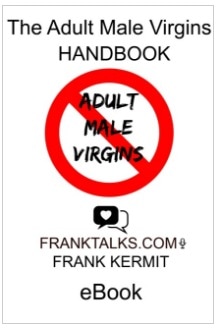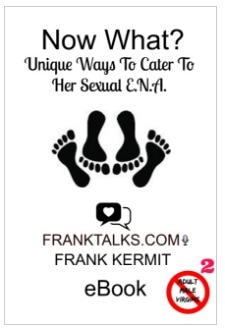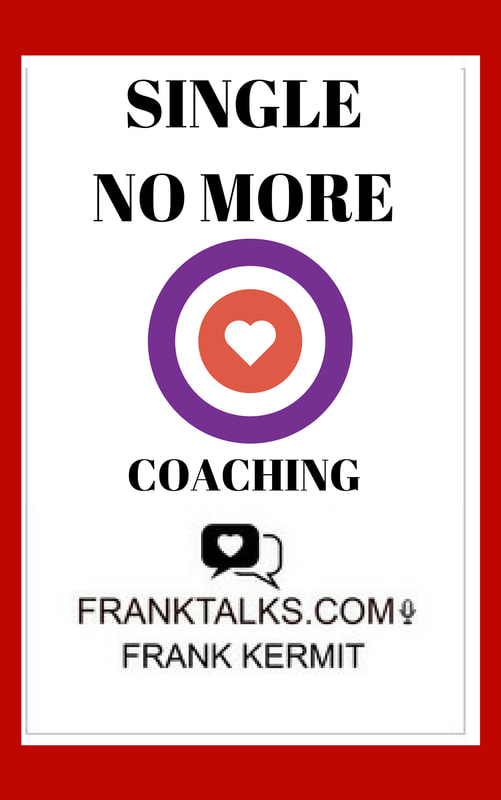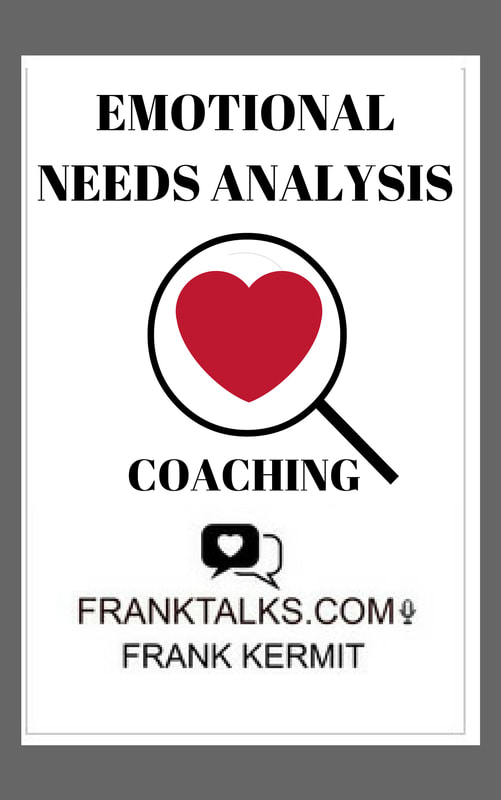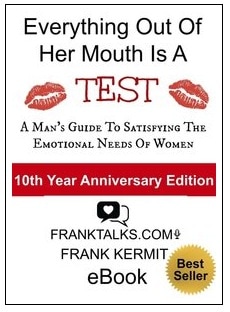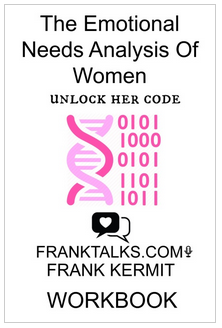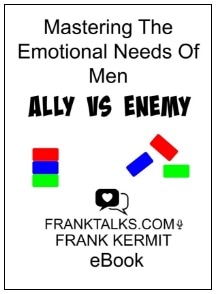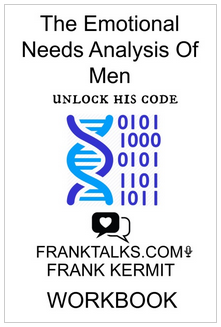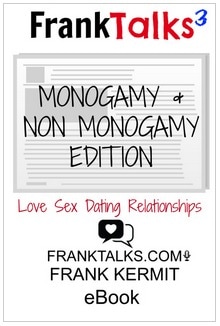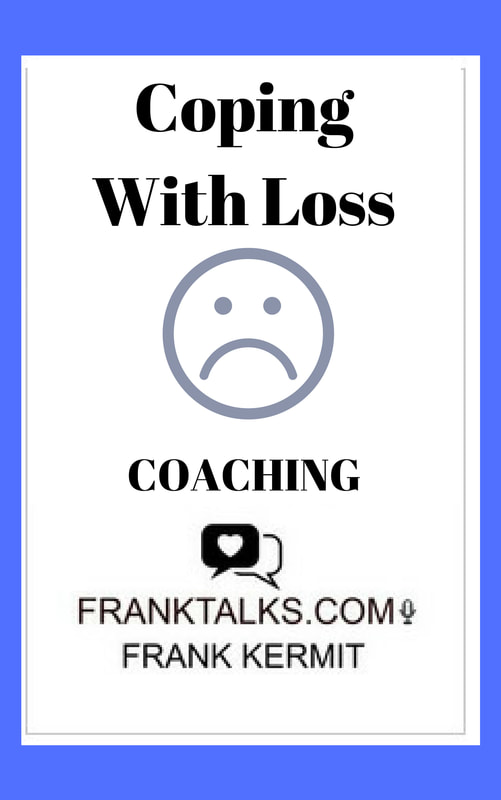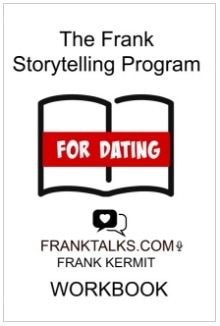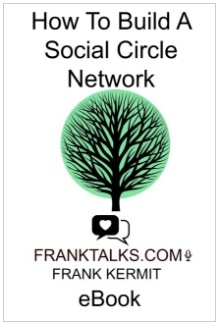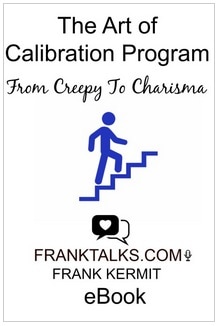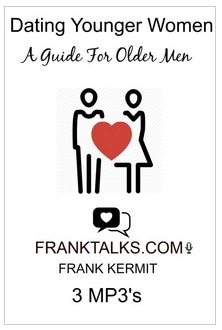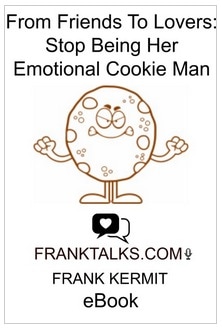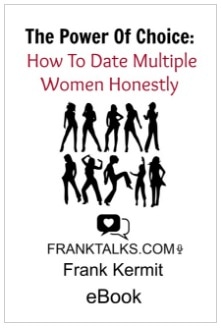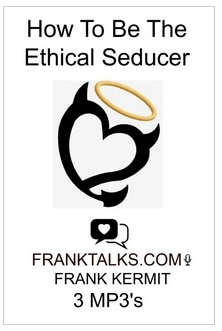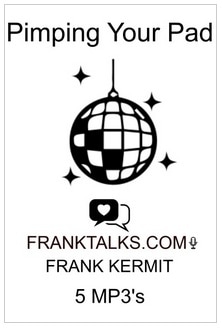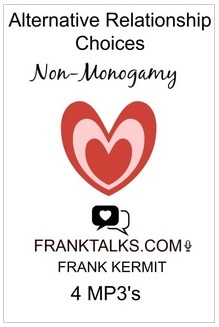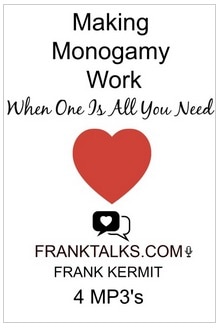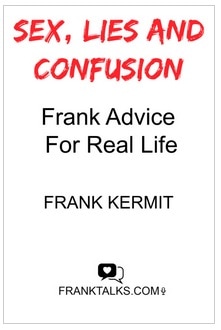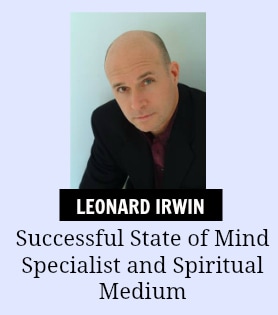|
Self love is based on more than your achievements. Keep reading to learn 3 ways to help you discover your own self worth and share it with others. Many of us can struggle to understand and care for our own worth. We often think that our self-respect needs to be predicated on achievements, or our behavior. Of course, this last point isn’t that strange to consider, if you’re continually lying to people, failing to meet your responsibilities and struggling to move forward, then it’s not hard to lose a little of your self-regard. But that’s not always the healthiest way forward. For instance, someone suffering from addiction will only struggle further if they repeatedly chastise themselves, as the first step to them getting help is admitting they need it and that they are worth of it. As you can see, self-worth is deeper and more important than we may give it credit for. But how can you know your worth? After all, not all of us are in life or death situations like this, but we may simply be dealing with confidence issues, or wish to change our direction anew in life, or perhaps we just want to validate ourselves after our partner has repeatedly failed to do so in a bad relationship. In our guide, we hope to help you: Practice Self-Love It’s hard to know your self-worth if you do little to affirm it. Sometimes, practicing it in actions, not with words, can help. For instance, going out and exercising and treating yourself well with nutrition shows that you are the kind of person who is worth being taken care of. Additionally, practicing self-love by taking it easy, meditating, learning the power of ‘no’ or simply taking yourself to a show you like to see (even if your friends aren’t interested) can be a great idea. These are the matters we end up remembering going forward. Know Your Boundaries Being able to understand our boundaries, and more importantly, being able to enforce them properly is also a good idea. Knowing your boundaries is the means by which we can turn down social dates if we need to, or to take a mental health day by booking a sick day from working from time to time. It’s in telling our partner that we want to be more involved in the financial planning or that we need the morning after pill, or in being able to try something like veganism or without apology and without explanation to those who may disapprove. Knowing your boundaries helps you become a healthier, happier and more wholesome person. Sustain Good Friendships It’s important to sustain good friendships, because we take more direction and influence from our closest friends than we may imagine. Taking the time to sustain good friendships and making sure that people are good to you, and you are good to them can allow you to feel less alone, as we are social beings and deserve to have those who support us. Having friends who we can rely on is also an essentially important activity, providing us with the means to better ourselves appropriately, and also feeling part of a tight unit. That helps us know our worth as having close relationships allows us to fully blossom. With this advice, we hope you can more readily know your worth, which is no doubt bountiful.
0 Comments
Are you able to handle major life events well? Keep reading to learn 5 ways that can help you cope when life throws something new your way. From time to time, there are always going to be various life events that crop up and completely throw you. This is just a part of life, and it can be very distressing indeed, but you can also get to a point where you are dealing with those events fairly well, or at least minimising what impact they are having on you psychologically. In this post, we are going to take a look at the process of dealing with major life events. If you can learn to approach some of the following, you should find that it is easier than you might have thought to deal with even the worst of what life can throw at you. Try To Stay Balanced There is a lot of talk about what the primary goal should be as you try to navigate this kind of situation. But something that is bound to be worth aiming for is to try and stay as balanced as possible. As long as you are balanced, it means that you are probably dealing with the psychological aspects of it fairly well, and you are more likely to be able to move on from it as well as possible too. So what can you do to try and stay balanced? There are a few key things that might help. For instance, you could aim to recalibrate how you view the very fact of uncertainty. It is often the uncertainty about the future that makes this kind of experience so worrying, but you should aim to remind yourself that being uncertain doesn’t mean that the future is actually going to be bad. You can also balance yourself through positive self-talk and by making a plan for the near future. As long as you remain balanced, you should find it a lot easier and simpler to deal with whatever comes your way. Finding & Embracing The Transition Almost all major life changes are really forms of transition, where life is changing from one kind of experience to another. If you can start to view things in this way more than as a loss (even if there is also some loss there to be reckoned with) you are much more likely to deal with the situation in a positive manner, so that is absolutely something that you should think about. In order to do this, you might want to ask yourself just what the transition is here, and then the hard part is trying to get really excited about that, rather than merely remaining fearful. If you can do that, you should find that you are able to work with the situation a lot more, rather than working against it, as can be natural to do. In some forms of major life events, this can be especially hard to do. For instance, if someone close to you has died, you might not want to just immediately treat it as a transition. You will of course need time to grieve. But over time, ultimately you get out of the mire by seeing it as such, so this is still something to keep in the back of your mind. Keep Up Your Regular Schedule As Best As You Can It is totally normal and natural for these big life events to completely change your daily experience, but if you want to try and keep a handle on things you might want to think about trying to keep up your regular schedule as best as you possibly can. This may be challenging, of course, but even if you just manage to keep a few of your normal things in place, you should be able to have a much easier time of the whole thing, so it really is worth thinking about for that reason. Even just going to the same cafe you would normally visit or aiming to get up at the same time can really help. If you are finding it too difficult, try to do a little less. But bear in mind that having at least a ghost of the schedule in place can work as a very effective form of ballast, helping to keep you afloat even in the toughest times. Get Help Managing The Ins & Outs All major life events come with a lot of various things you have to do to get through them, not just the emotional stuff but also other ordinary things. For instance, moving house means that you need to sort out your home and do a lot of paperwork, get insurance and so on. When someone close to you dies, you have to think about organising a funeral, finding appropriate cemetery grave markers, contacting your distant relatives and so on. It is best if you have someone on your side to give you a hand with all of this, as otherwise it can just make things all the more overwhelming. Keep In Touch With People It can be very easy to fall out of touch with the important people in your life when you are going through something huge. But it is important to have them by your side as much as possible, and you never know when you might need them all the more, so you should aim to keep in touch with them as best as you can. If you do that, you are much more likely to have an easier time dealing with whatever is going on for you, no matter how serious or stressful or exhausting it might be. Do your best to keep picking up the phone or getting on social media to contact people, and you will find that you are much more likely to get through the situation in one piece. If you can take all of this advice on board, you are much more likely to get through any major life event intact. Be sure to try for all of this, but also to forgive yourself when you fail to do any of it. That is also just part of the process. Working on your mental and emotional health will benefit you and your relationships. Keep reading to learn more. If the COVID pandemic has brought out mental and emotional problems you weren’t aware you were dealing with, you’re not alone. According to multiple recent studies, rates of anxiety and depression have skyrocketed. In comparison to last year at this same time, people were twice as likely to be displaying signs of anxiety or depression. When mental struggles arise, it can be hard to deal with basic everyday needs, let alone seek out a new relationship or work on your love life. Making the first steps of seeking help for anxiety, relationship problems, depression, grief counseling, or generalized social anxiety is hard, but it’s also the most important thing you can do for yourself and your partner or future partner. When is it time to find outside help? If you have found yourself struggling with emotional or mental problems and are unsure if it’s time to seek counselling therapy, ask yourself the following questions:
What are the ways that these mental or emotional problems affect your relationships? When you suffer from exhausting emotional difficulties or mental disorders that are left untreated, your sacrifice not only yourself but your relationships as well. Here are ways that various disorders or mental illnesses may impact your love life:
Mental health is important to our well being. Read more to learn ways to help your mental health. Mental illnesses are not preventable. Let’s get that out of the way. There are definitely some ways for you to reduce the episodes, but when it comes to straight up prevention, that is usually a tall order. With that said, there are some ways you can reduce episodes of mental illness and keep your mental health up. Let’s look at some ways. A Healthy Lifestyle First, having a healthy lifestyle is one of the best ways to keep your mental health up. Here are some ways to have a healthy lifestyle. 1. Get adequate sleep. Around 7-9 hours a night is recommended, though some needs change. If you are suffering from chronic insomnia, try adjusting your sleep hygiene. Unwind before bed, sleep in a cool, dark room, and do things that make you tired. If you are still having problems, get support through a therapist. 2. Eat healthily. Try to eat right most days and eat a balanced diet. This isn’t to say you can’t have the occasional treat, but don’t make it a habit. Eating right can give you energy and keep your mental health up. 3. Get exercise daily. Exercise releases endorphins, which can help improve your mood. Plus, it gives you energy and improves your physical health too. With exercise, you don’t have to go hardcore; a little walk outside can be what you need. 4. Get checkups regularly to make sure you're healthy. More on in this later. When you get checkups, you can not only talk about health concerns, but you can improve any problems before they get worse. Try Meditation and Mindfulness One way you can keep your mental health up is to meditate or be mindful. While these are found in Eastern religions, these techniques apply all across the board. With meditation, the effects are quite obvious. When one is controlling their breathing, it can calm down their anxiety or restlessness. When you are clearing your mind of self-defeating thoughts, they will have less of an impact on your mental health. Mindfulness is the full awareness of the present. It is achieved through meditation as well as being more aware of your surroundings. Many of our mental health issues are caused by worry or regret. We worry about the future, especially with things we can’t control. Meanwhile, we may regret the past. Mindfulness teaches you that both mindsets are toxic, and you should try to avoid either whenever possible. Another way to meditate and be mindful is through guided imagery. You imagine yourself in a location and use all five senses to your advantage. It’s a great distraction, and many people will use it to sleep, tool. Mindfulness and meditation do not require any special teaching. While an instructor can help, you can also look at videos or apps that teach it. There is no gatekeeping with these techniques. Finally, the biggest lesson both can teach you is to let go of what you can’t change. There’s a lot we can’t change in this world, and you shouldn’t use your energy on it. Instead, work towards what you can change, and you will go far in your life. Good luck. Get Help Whenever You Can Another way you can prevent mental health issues is to get help when you can. By help, we are referring to physical and mental health care. Let’s discuss both. Physical Going to a doctor when you feel unwell can help your physical health, which does have a positive effect on your mental health as well. When you go to a doctor, also talk about any mental health problems you have. They can help you when you have issues. Mental Getting mental health care from a therapist or counselor is possibly the best way to prevent issues or treat current problems. Don’t wait until your mental health is at a low to get help. Here are some reasons why you may want to seek help. 1. When there is a big life change. Life changes can include something such as a move, a loss in the family, heartbreak, or another issue as well. When you are experiencing a life change, you may not see the mental implications until it’s too late. 2. When you’re dealing with too much stress. We all have to deal with stress from time to time, but too much stress can take a physical or mental toll on you. A therapist can’t make all your problems magically disappear, but what they can give you is the resources needed to tackle them. From creating a plan to teaching you how to let go of what you can’t change, talk to a therapist about it. 3.When you are having interpersonal problems. Whether it’s problems with your friends, family, or spouse, it can take a toll on your mental health. In addition, it can sometimes be hard to solve these problems on your own. When both people are shouting at each other and they don’t know how to resolve their issues, trying to resolve can backfire without a couples or family therapist. If you are considering online therapy, websites like ReGain can be valuable. 4. If you just want someone to talk to. That’s a valid enough reason to seek help. We all get lonely, or want to talk to someone who is objective. A therapist can help with that. Sometimes, you may need to take medication for depression, anxiety, and other mental health issues. The best way to handle this is to think of the medication as ammo against the symptoms, while you use therapy to try to defeat the cause. Don’t rely only on medication, but also don’t avoid it. It can be helpful for you. Conclusion Keeping your mental help up is important, especially as you grow older. Your mind is important, and it’s not something you want to lose. By getting help, being mindful, and being as healthy as possible, you can improve your overall mental health. Read more to discover where you can find support when you need it. |
| Elodie Bruton is a community mental health worker at Centre Bienvenue. She organizes therapeutic adventure groups, a support group for voice hearers and a recovery group. |
Learn about the hidden trauma behind nice guy behaviors in this contributed post
by JR from Austin
As a recovering nice guy spending plenty of time in therapy, research and self-reflection I have noticed that one of the serious causes of my nice guy behavior is complex emotional trauma.
Growing up in my highly controlled home I learned how to be nice through punishment for doing the wrong thing.
Instead of being properly corrected I was punished physically or through shame (i.e.: the doghouse).
Since the home was controlled through a narcissistic matriarchy I was punished when I would stand up for myself or saying anything that challenged my mother's viewpoints.
Niceness was reinforced through coercion.
Because of that I developed CPTSD and have constant flashbacks.
Flashbacks are emotional responses that are triggered by sensitive events that would send a person emotionally back to the time they were being abused.
With proper treatment and acknowledgment of these issues a person can minimize or even completely remove the emotional charge of these flashbacks.
Now where this all ties in with Complex Trauma is that the man has been conditioned from his formative years to associate assertive behaviors with rejection and abuse.
He will cling to his nice guy behavior like a glove since consciously he will think it is the right thing to do.
(A lot of the time nice behavior is the right thing to do)
On a deeper subconscious emotional level though he will cling to it since he has been programmed to believe assertive behavior will lead to abuse and rejection.
When abuse and rejection happen it will often cause him to flashback to when he was a child and was getting abused.
Because the flashbacks are so horrible he will cling to the nice guy behavior to avoid them at all costs.
This will cause the nice guy to cling to cowardly behaviors in situations when assertiveness is absolutely necessary.
Behaving in an attractive manner with women is something that comes to mind here.
Now is this condition hopeless?
Absolutely not.
The more a person has been traumatized the more time and effort they will need to work through the damage.
First and foremost the traumatized person would need to go see a qualified therapist who understands complex trauma as it relates to the person's individual need.
A female therapist who specializes in helping women who have been abused by past lovers would probably not understand the needs of a man who has been emasculated etc.
Second the person would need to be driven to work on the problem on his own as well. He can learn new skills and understand how the bullying tactics were used against him.
Learning that will help him find a new sense of empowerment.
Third, the situation tends to be highly ingrained into the psyche so the person would have to be patient with the process. It can take years for someone with CPTSD to heal.
With this hard work and patience the traumatized nice guy can build a far better life and start winning instead of just breaking even.
By no means is this article comprehensive. It is worth checking out Pete Walker's book Complex PTSD: From Surviving to Thriving. That book gives a very thorough look into CPTSD.
If you are a Single Nice Guy and you want
some coaching to learn how to be Assertive for Dating,
Sign up for Single No More Coaching Right Now!
Categories
All
Adult Male Virgins
Break Up / Divorce
Cheating / Infidelity
Closure
Coaching
Communication
Confidence
Coping With Loss
Date Night Recipes
Dating
Dating First Dates
Dating Online Dating
Dating Speed Dating
Emotional Needs
Engagement Proposal
Français French
Français - French
Friends
Health & Fitness
Holidays
In Memory Tribute
Kink Fetish BDSM
LGBTQ+
Marriage
Media / Podcasts
Mental Health
Monogamy
Non Monogamy
Obese Recovery
Older Men
Older Women
Parenting
Q&A Frank Advice
Relationships
Romance
Seduction
Sex
Sex Work
Single
Swingers Lifestyle
Testimonial
Wedding
ZZZ...
Archives
June 2024
May 2024
April 2024
March 2024
February 2024
January 2024
December 2023
November 2023
October 2023
September 2023
August 2023
June 2023
May 2023
April 2023
January 2023
October 2022
September 2022
July 2022
May 2022
March 2022
February 2022
January 2022
December 2021
November 2021
October 2021
September 2021
August 2021
July 2021
June 2021
May 2021
April 2021
March 2021
February 2021
January 2021
December 2020
November 2020
October 2020
August 2020
July 2020
June 2020
May 2020
April 2020
March 2020
February 2020
January 2020
December 2019
November 2019
October 2019
September 2019
July 2019
June 2019
May 2019
April 2019
March 2019
February 2019
January 2019
December 2018
November 2018
October 2018
September 2018
August 2018
July 2018
June 2018
May 2018
April 2018
March 2018
February 2018
January 2018
December 2017
November 2017
October 2017
September 2017
August 2017
July 2017
June 2017
May 2017
April 2017
March 2017
February 2017
January 2017
December 2016
November 2016
October 2016
September 2016
August 2016
July 2016
May 2016
April 2016
March 2016
****
Every Friday Night
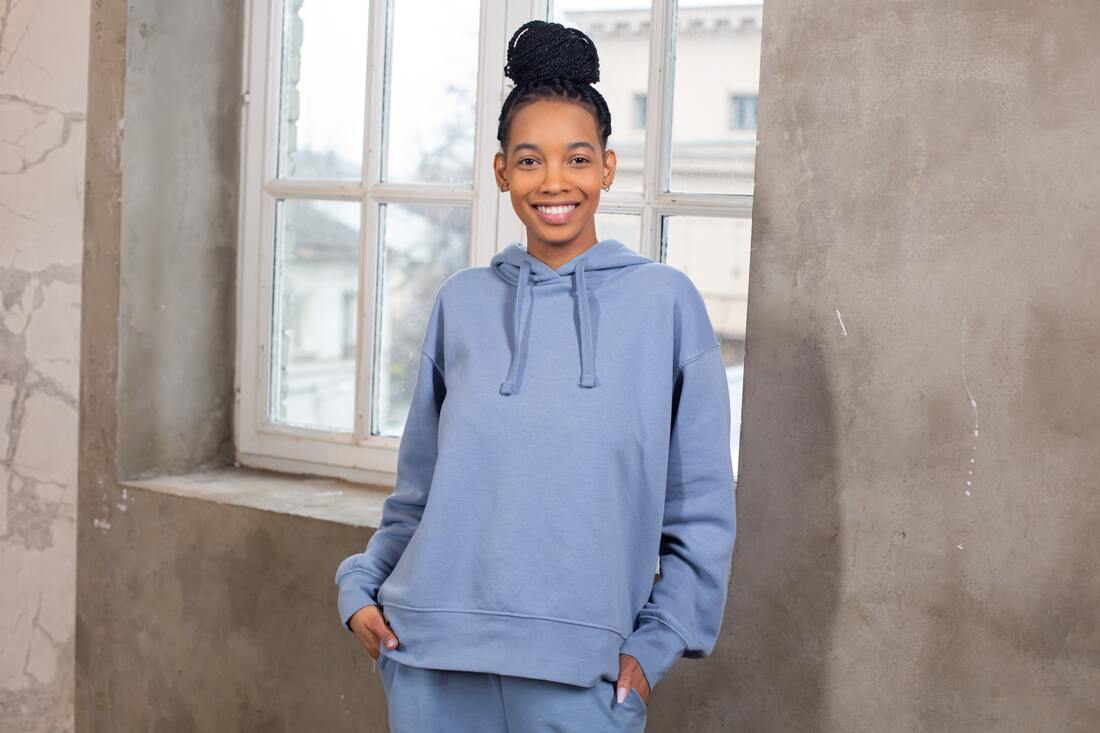

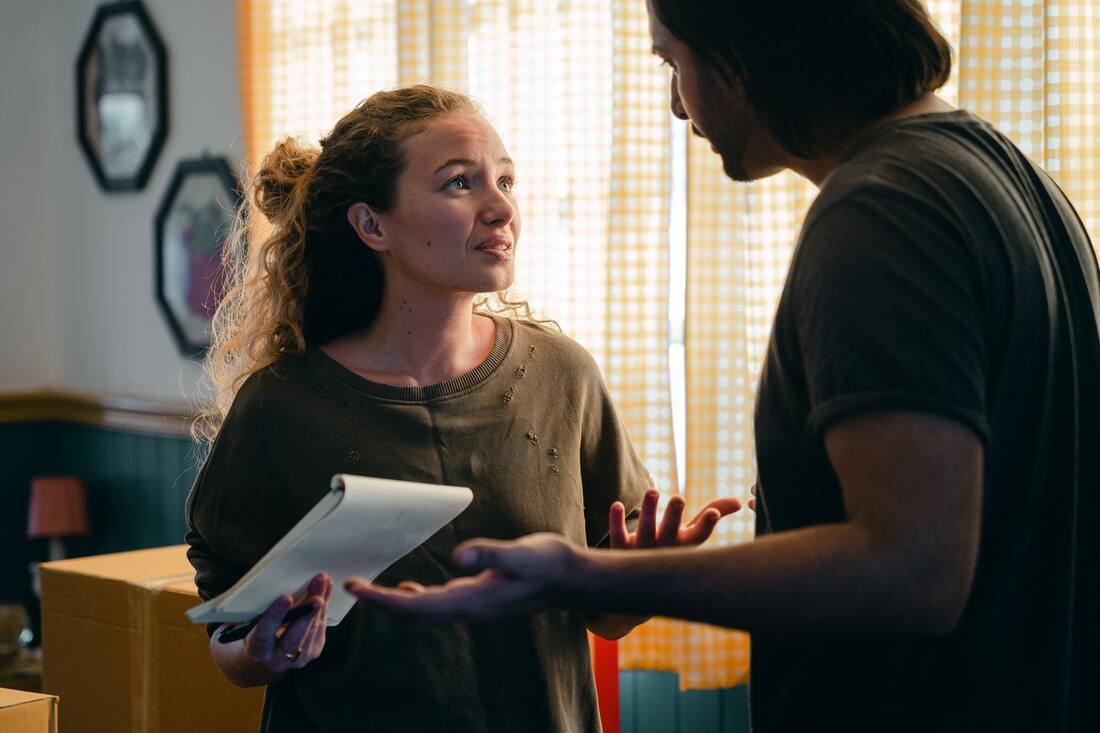





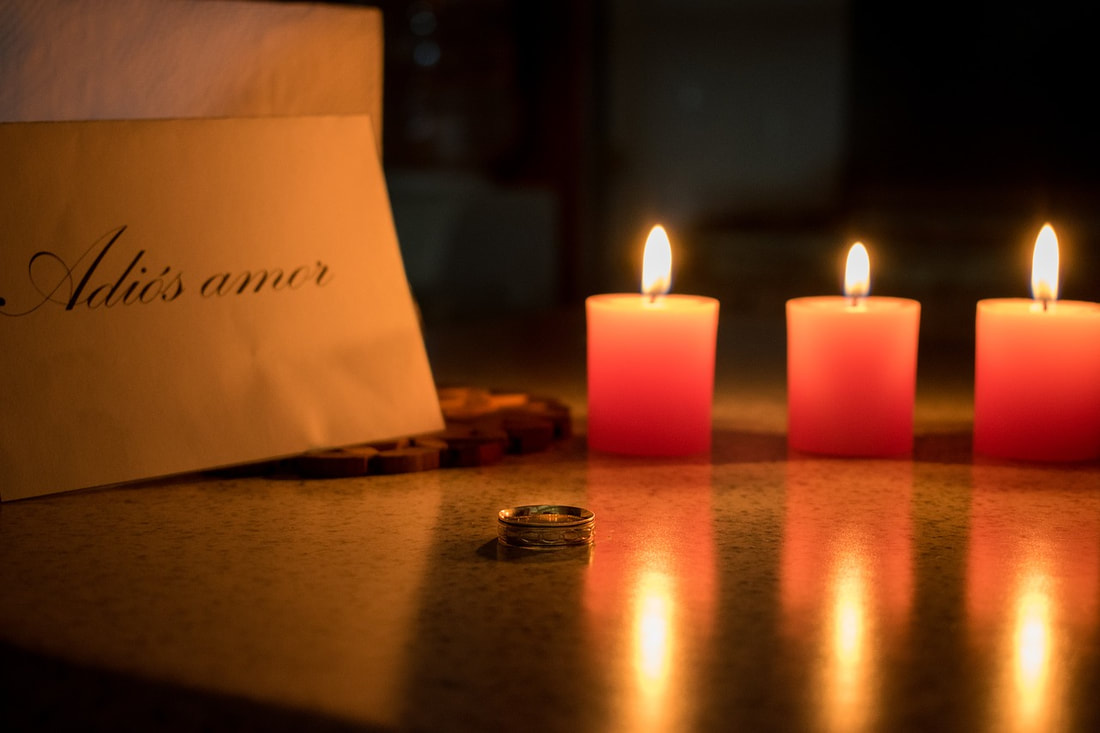







 RSS Feed
RSS Feed


